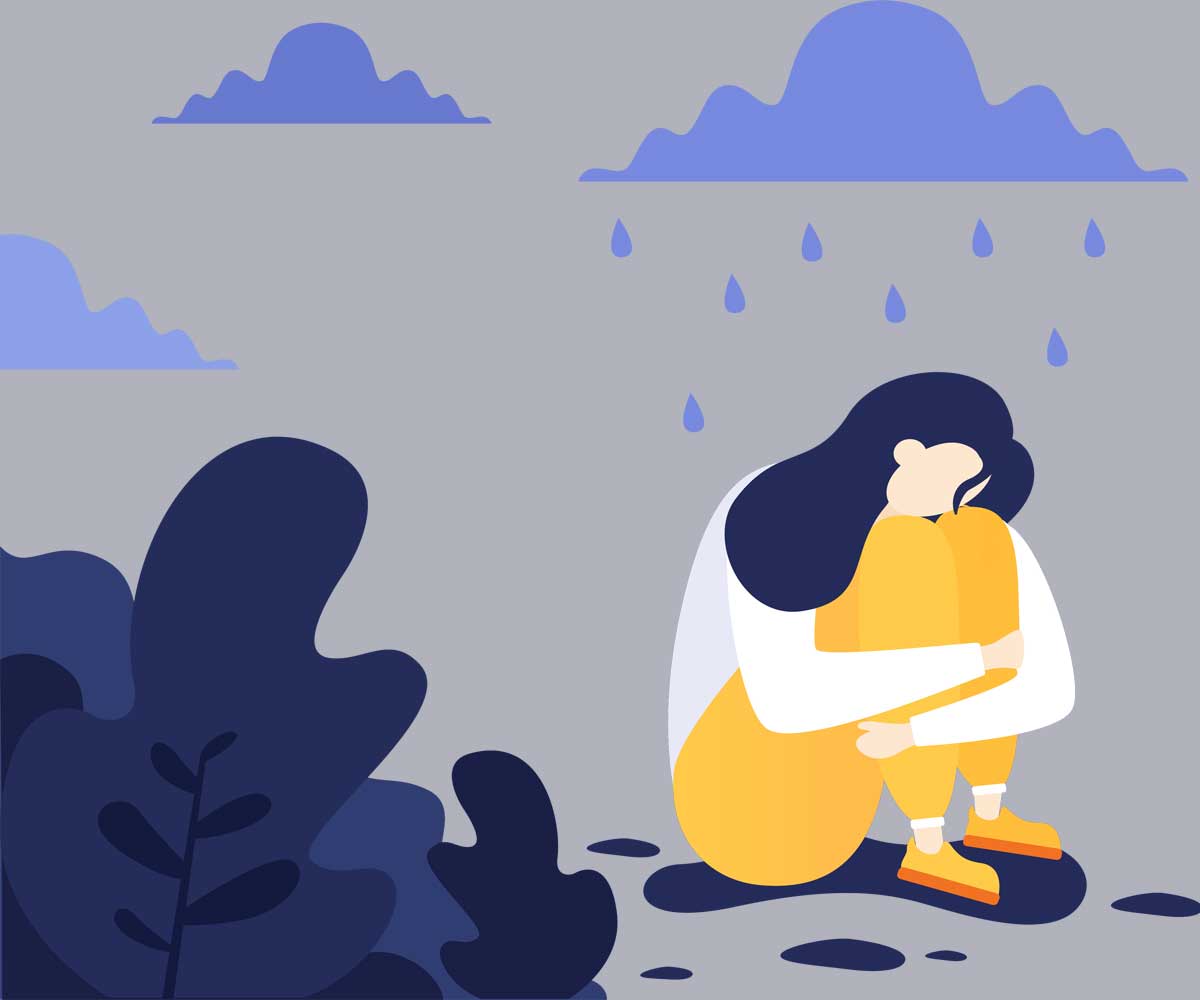You know that moment. When your focus narrows, your heart beats faster and your mouth goes dry. We all know that moment. The moment when a complex chain of physiological events happen within our brain and body with one aim, to get us out of harm’s way. That’s anxiety, our survival alarm.
Anxiety strips us of the power of rational thought. It pumps our heart faster and makes our breathing heavier in order to get us ready to run. It fills us with the stress hormone cortisol and adrenaline to help us respond less to pain and heal faster in the event of an injury. If we didn’t sometimes feel anxious, we wouldn’t last very long. It is the brain’s way of keeping us alive. Simply put, anxiety is normal and plays a very important role.
But what if this alarm goes off too soon, or too often? Back in the days of the cave dwellers there were many more physical threats, and in terms of evolution, the brain is still functioning at that level.
Over the years society has changed and anxiety can often be triggered by internal processes such as a feeling, memory or a belief about something. We are then left with a complex set of protective mechanisms leaving us all pumped up with nowhere to go. This is when anxiety becomes unhelpful.
Stress is not the same thing as anxiety
However, the word anxiety is often overused. Anxiety is not stress, but sometimes we feel stressed and mistakenly label it as anxiety. This is because they share many of the same physical symptoms, but both have a differing purpose. Stress highlights the need for something to change. Anxiety highlights the need to survive at any cost. You can see stress and anxiety as a continuum. Anxiety can arise from not having the tools to deal with stress and modern life is stressful.
The good news is that anxiety is responsive to intervention. Through practice, our brain can learn new patterns and associations. The goal is not to avoid stressful or anxiety-provoking situations but to teach our brain that we have the capacity and resources to deal with any given situation. We can learn to switch off the alarm and decide to respond or not.
So what can we do? There are two main points to note here:
1) Prevention is better than cure
2) Knowledge is power.
Prevention: We can build our capacity for resilience. Resilience is that ordinary magic we all hold within us, which we can grow through daily activities. Things like forging positive connections with others, practising gratitude, developing realistic expectations by focusing on what can be done instead of what can’t.
Knowledge: We can learn about our emotions and develop the skills we need to regulate them. Learn that emotions are just data and are transient. They are simply messages designed to drive us towards or away from something. We need to know that we have the power to choose how to respond to our emotions. We need to understand they are not life threatening and can be controlled.
We can learn more about the link between our thoughts, our feelings and how this then impacts on the way we behave. Once we do this, we put a space between the feeling and our response.
We can increase this ability by practising mindfulness or learning how to recognise and then label an emotion early on.
The emotion is the message, the response to that message is choice.
Give yourself (and others) space to breathe
Once we know what we are feeling, we can choose a course of action rather than get swept away. And, if we are getting swept away? We can use breathing and grounding exercises.
We can focus on regulating our breath to the count of four. This will create a space, even if it’s just a small one, which provides an opportunity to regain control. Ultimately, anxiety is there to protect us.
However, we can teach our brain that we do have the resources to cope. When we understand stress and anxiety like this we are not blindsided by emotions, which means we can then respond purposefully rather than react instinctively.

.jpg)
